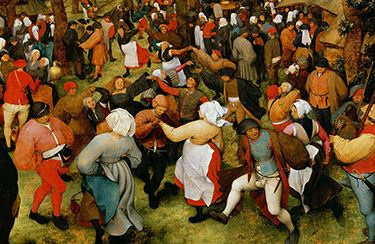Moral Problems and the Good Life
A rigorous introduction to ethics. We’ll think about well-being, objectivity, key historical figures and approaches, what we owe to others, and more.
A rigorous introduction to ethics. We’ll think about well-being, objectivity, key historical figures and approaches, what we owe to others, and more.
A rigorous introduction to ethics. We’ll think about well-being, objectivity, key historical figures and approaches, what we owe to others, and more.
This course has two goals. The first goal is to introduce you to key questions in ethics.
You will learn how to think about difficult ethical questions in a rigorous and disciplined way.
You will learn about the most important ethical theories, and about how to apply them to real-life cases.




